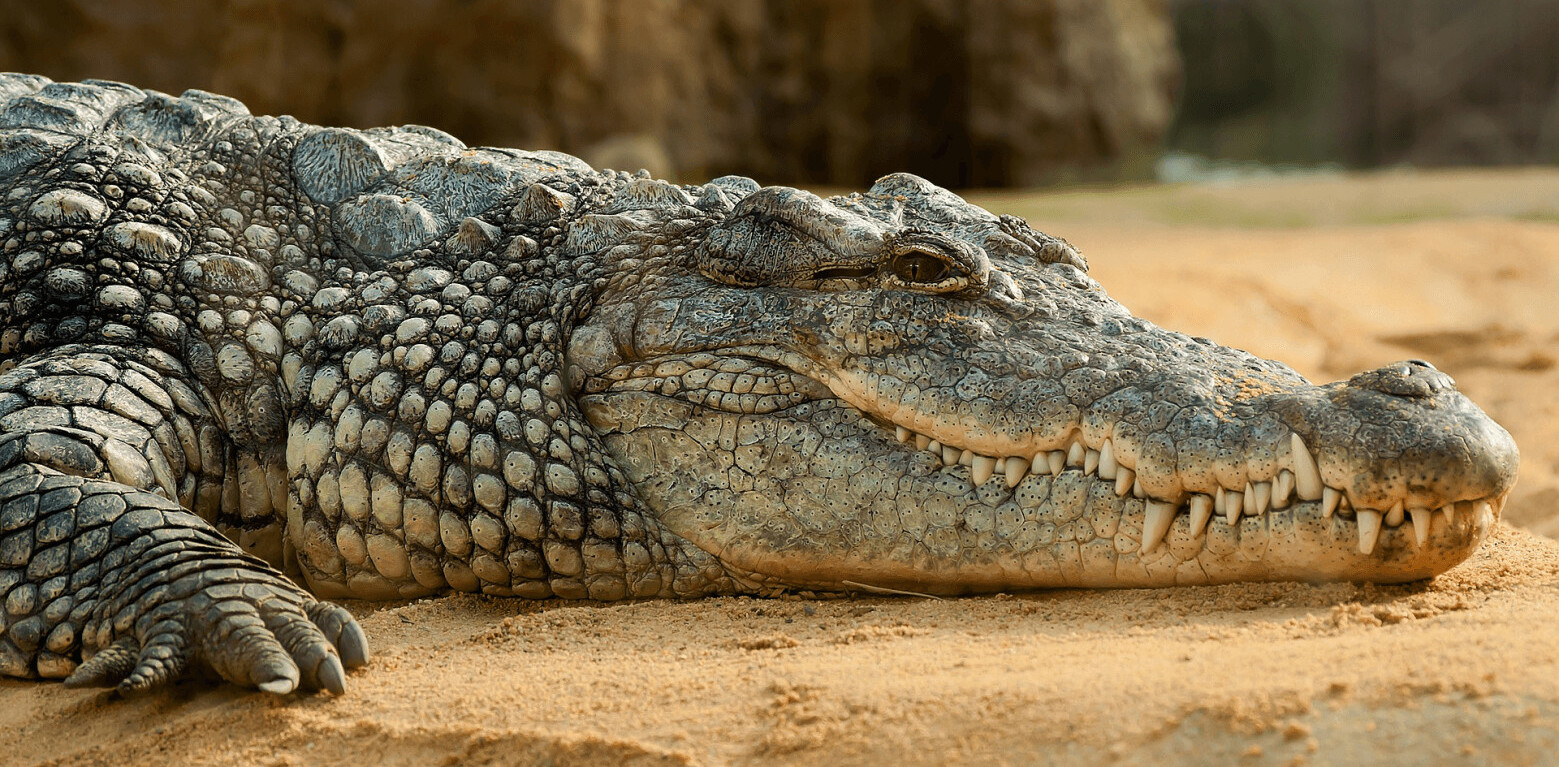
Eagles are waging war for control of the sky above Western Australia’s Goldfields region.
Since employing unmanned aerial vehicles (UAV) in its St. Ives Mine, surveyor Rick Steven has lost a total of nine Trimble UX5 drones to eagles. Each drone costs the company about $10,000 for the body and another $10,000 for the mounted camera. Overall, Steven estimates the company has suffered losses in excess of $100,000 due to the territorial birds of prey he now calls “the natural enemy of the UAV.”
After local eagles had started taking down his flight equipment, Steven tried to get creative. The carbon fiber and foam UAVs are painted black off the shelf, but on the advice of a birds of prey rehabilitation center, he attempted to camouflage the drone to look like a baby eagle. It worked, albeit temporarily.

He managed to make approximately 50 flights, unscathed, before the wedge-tailed eagles figured out the drones weren’t baby eagles. The lone bright spot to his misadventures might have been this selfie — taken by an eagle. He described the first eagle selfie to ABC:
I was flying the tailings dam out at St. Ives and I was getting attacked by two eagles simultaneously.
I was trying to fly my UAV away from them and all of a sudden, at a high point, the eagle came down and sunk both its claws into the inside of the control box of the UX5. It turned the UX5 sideways and took a photo of the other eagle as it was coming in to attack.
I think that’s the first recorded eagle selfie in history.
Now, he thinks he may have solved his eagle problem.
“I know the eagles love to fly on thermals. Because they’re a big heavy bird, and the more thermal activity there is, the easier it is for them to fly. Thermals activate during the hottest part of the day — which is why we’re flying first thin in the morning now,” he told Mashable.
If he see’s an eagle in the air, he still cancels the flight immediately.
via Mashable
Get the TNW newsletter
Get the most important tech news in your inbox each week.




